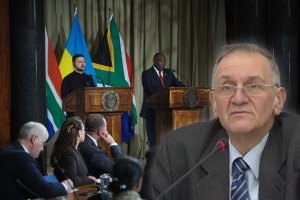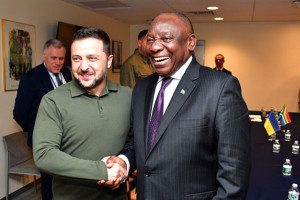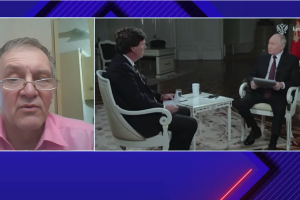Start of public financing of Ukrainian parties: expectations and challenges
 Oleksii Sydorchuk, Political Analyst
Oleksii Sydorchuk, Political Analyst
On October 10 the National Agency on Preventing Corruption (NAPC) adopted a decision to allocate nearly UAH 70 mn in state financing for Q4 2016 to four parliamentary parties which met the criteria for receiving such financing: Popular Front, Petro Poroshenko Bloc “Solidarnist”, Samopomich and the Radical Party of Oleh Lyashko. According to the information of NAPC, two parties – the Opposition Bloc and Batkivshchyna – did not fulfill the conditions for receiving budget subsidies, while only the first party publicly announced its rejection of state financing.
State financing of parties cannot alone help achieve key objectives of reform of party finances initiated by the law of October 8, 2015 – limiting the influence of oligarchs on parties and creating level playing field for parties with different financial capacities. For this, the drafters of the law envisaged other elements that should function in connection with budget subsidies: limitation of maximum contributions, strict requirements on the transparency of party finances, sanctions for violation of the rules of financing, etc. Not only does state financing give parties the wherewithal to spend money on their own development, it also forces them to bear greater responsibility for their actions before society. Accordingly, by rejecting state financing, the Opposition Bloc and Batkivshchyna admitted that they are not ready to rationally spend taxpayers’ money and report to society for such expenses.
Budget funds can become not only assistance, but also a challenge for other parliamentary parties. For example, according to official reports, the Radical Party of Oleh Lyashko over the first two quarters of the year spent nearly UAH 440,000 on its statutory activity. In return, it will receive nearly UAH 17 mn from the state, which it should spend by the end of the year. The situation with the People’s Front is similar: this party over the first half year spent only UAH 1.3 mn, while over the second half it will use UAH 55 mn of budget funds. Clearly, the requirement will motivate parties to spend state funds at least on the development of their own regional and local organizations which in most parliamentary parties exist only on paper.
Obviously, the current system of public financing of parties is far from ideal. Up to the next parliamentary elections only parties that garnered 5% of the votes in the 2014 elections will receive money from the budget (starting with the next election cycle, the threshold for receiving budget financing will be lowered to 2%). Such a norm included in the law under the pressure of the Petro Poroshenko Bloc unjustly discredits small parties and limits their competitiveness. However, even such a system of budget financing of parties is without a doubt a step in the right direction. In today’s conditions the state financing of parties is – albeit long-term – an investment of citizens in the higher quality of political parties and state institutions in the future.








